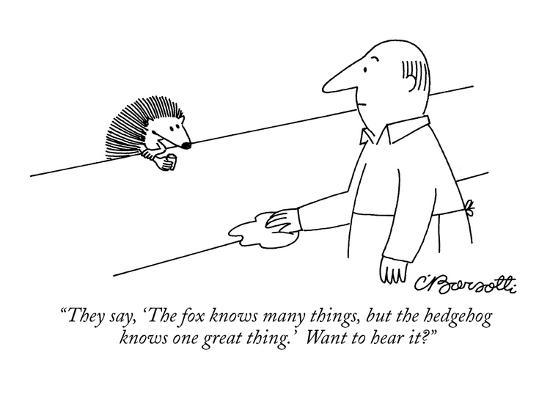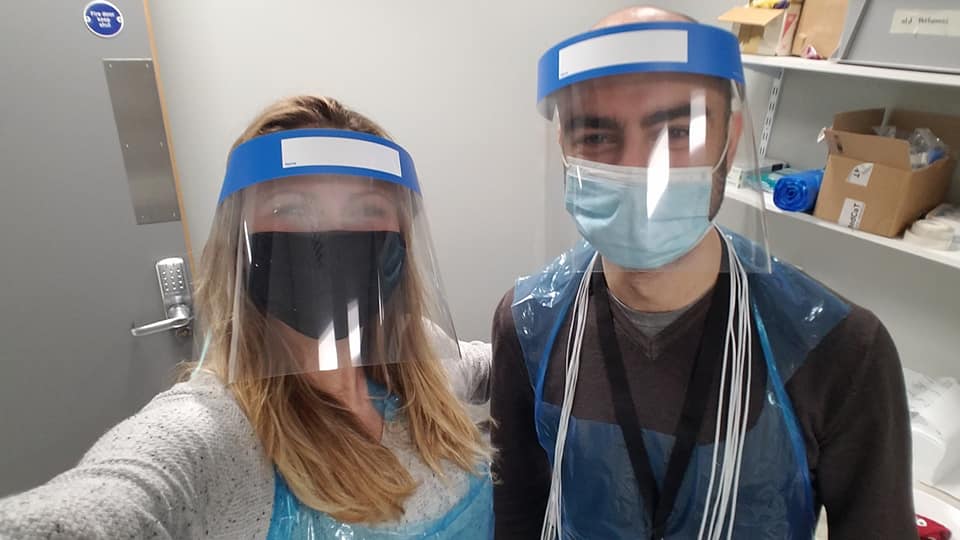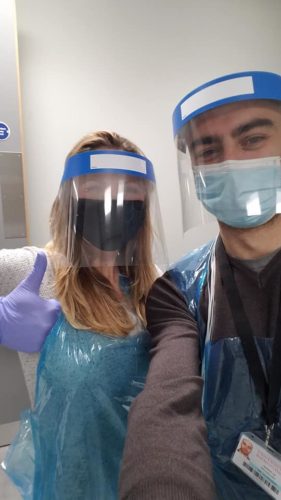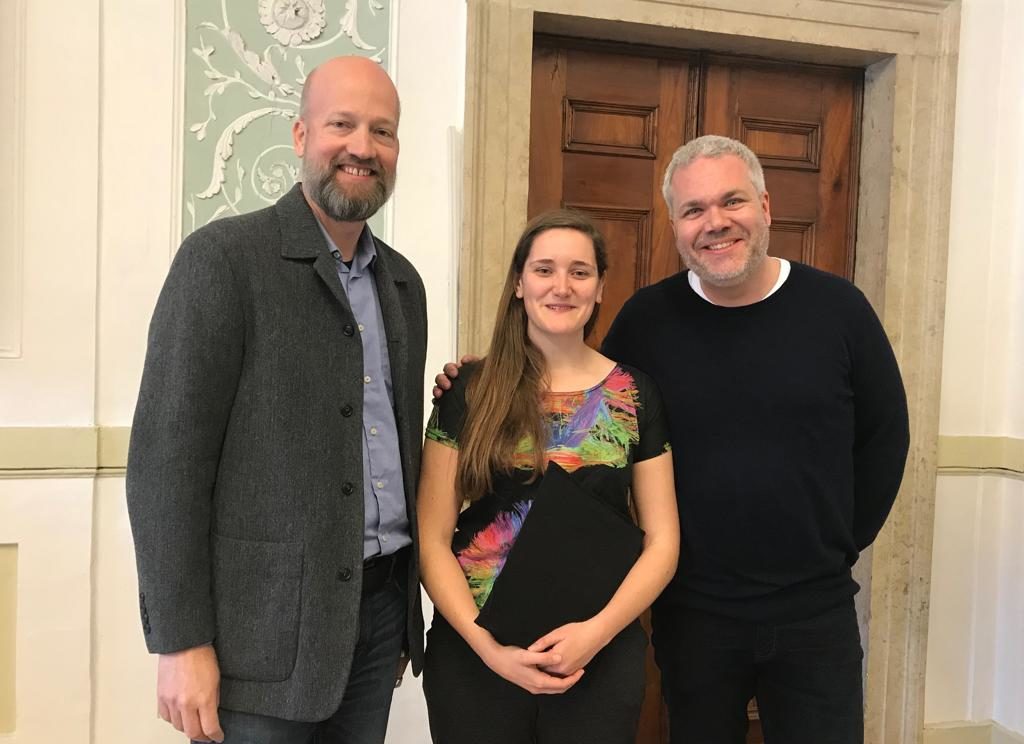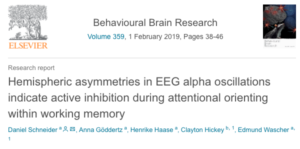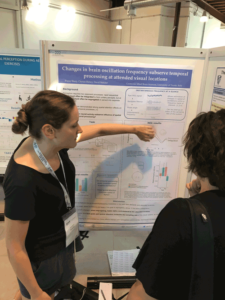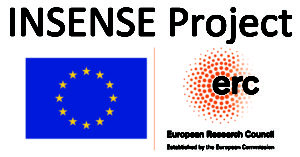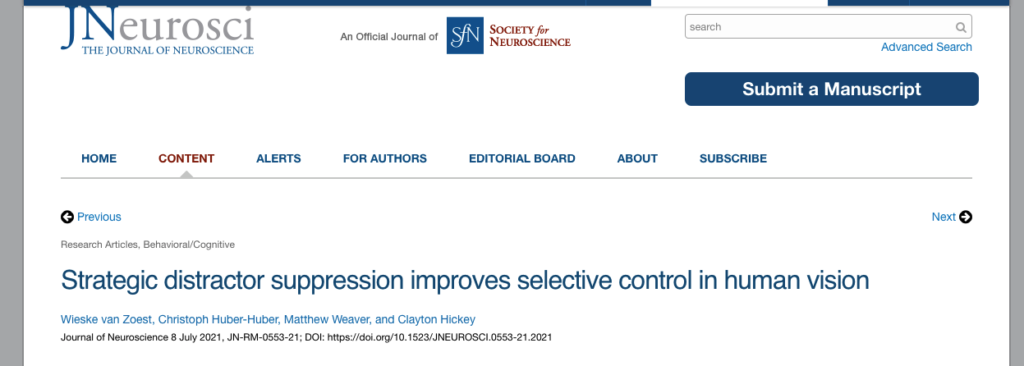
van Zoest, Huber, Weaver, & Hickey (in press). Strategic distractor suppression improves selective control in human vision. The Journal of Neuroscience. <link>
– Behavioural, ERP, and oscillatory data from 3 EEG/eye-tracking experiments shows that people can prepare to ignore distractors based on foreknowledge of distractor location or color.
– When a cue identifies the location of an upcoming distractor, lateral alpha over posterior cortex predicts N2pc/Pd amplitude. When cue-elicited alpha is big, distractor-elicted N2pc is small.
Abstract:
Our visual environment is complicated and our cognitive capacity is limited. As a result, we must strategically ignore some stimuli in order to prioritize others. Common-sense suggests that foreknowledge of distractor characteristics, like location or color, might help us ignore these objects. But empirical studies have provided mixed evidence, often showing that knowing about a distractor before it appears counter-intuitively leads to its attentional selection. What has looked like strategic distractor suppression in the past is now commonly explained as a product of prior experience and implicit statistical learning, and the long-standing notion that distractor suppression is reflected in alpha-band oscillatory brain activity has been challenged by results appearing to link alpha to target resolution. Can we strategically, proactively suppress distractors? And, if so, does this involve alpha? Here, we use concurrent recording of human EEG and eye movements in optimized experimental designs to identify behaviour and brain activity associated with proactive distractor suppression. Results from 3 experiments show that knowing about distractors before they appear causes a reduction in electrophysiological indices of covert attentional selection of these objects and a reduction in the overt deployment of the eyes to their location. This control is established before the distractor appears and is predicted by the power of cue-elicited alpha activity over visual cortex. Foreknowledge of distractor characteristics therefore leads to improved selective control, and alpha oscillations in visual cortex reflect the implementation of this strategic, proactive mechanism.
